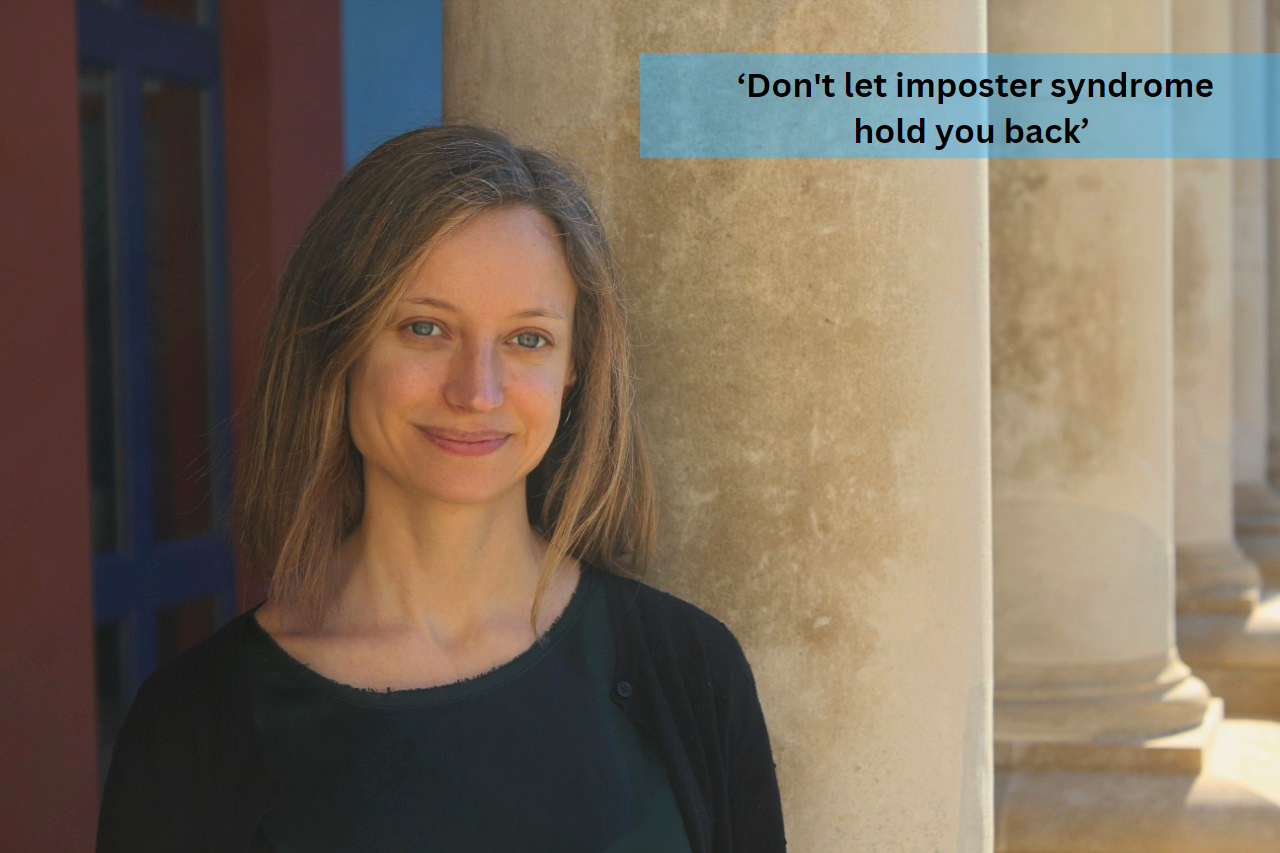An Interview with Dr Maria Marti Solano
Maria recently joined the Department of Pharmacology as a Royal Society University Research Fellow. Her research group is interested in applying state-of-the-art computational biology methods to decipher how changes in molecular structure and pathway architecture determine receptor signalling outputs. Before joining the Department, Maria obtained her PhD from the Pompeu Fabra University of Barcelona. She carried out her postdoctoral research in both the Pharmaceutical Chemistry Department of the Philipps University Marburg and the MRC Laboratory of Molecular Biology in Cambridge with the support of two highly competitive postdoctoral fellowships from the Federation of Biochemical Societies (Long-Term Fellowship) and the EU Horizon 2020 Framework Programme (Marie Skłodowska-Curie Individual Fellowship).
Who are you and what do you work on?
My name is Maria Marti Solano and I am a new Group Leader at the Department. My work is based on applying computational pharmacology techniques to understand how GPCRs, a major family of receptors that participate in key processes like vision, neurotransmission, immune response or metabolism function in different cells, organisms or individuals. As GPCRs are also the most important drug target class, these studies can have key implications for drug discovery and personalised medicine.
What do you love about your job?
I love being able to discuss exciting new ideas with the very talented people I work with every day.
How/why did your research lead you to Cambridge?
Back in 2018, I got funding from the Federation of European Biochemical Societies to join the group of Dr Madan Babu at the MRC Laboratory of Molecular Biology. Moving to Cambridge gave me a chance to learn a lot about computational systems biology and to work in an exciting research environment with an incredibly brilliant bunch of colleagues.
Other than science what is most important for you in life?
Becoming a scientist has impacted many aspects of my life, however, I think having a good work-life balance is key to stay sane as a person and as a researcher. To me, it's very important to have the time to hang around with family and friends, also the ones who don't know much about what I really work on!
Do you have any advice to early-career women scientists?
I would give this advice to any early career scientist, but probably would stress it even more for women scientists: don't let imposter syndrome hold you back. Learn how to spot it and consider it proof you are as critical of what you do as you are of your results. If you feel you deserve some credit, do ask for it and don't worry too much about what others will think
Did you have to face any hurdles as a woman in science?
Fortunately, I've always worked with people who respected me as a scientist. However, some people assume women will more often agree to organising tasks that don't bring any recognition. Learning to say no is a crucial skill as a woman in science.
When did you decide to become a research scientist?
I have always been keen on constantly learning new things. Therefore, when it came to choosing a career path, I knew being part of a research field that is constantly evolving would make every day a new exciting challenge
Why is science fun?
I think science is fun, and a bit scary, because you are walking in unchartered territory. However, when you realise you may have understood something truly new it can be really mind blowing.
How do you relax?
Travelling to new places, hiking or going to the cinema to watch an indie film.
How would you like to be remembered?
As someone with a contagious interest in scientific questions and as a good mentor who makes sure people I work with feel supported and are capable of achieving their own goals.

